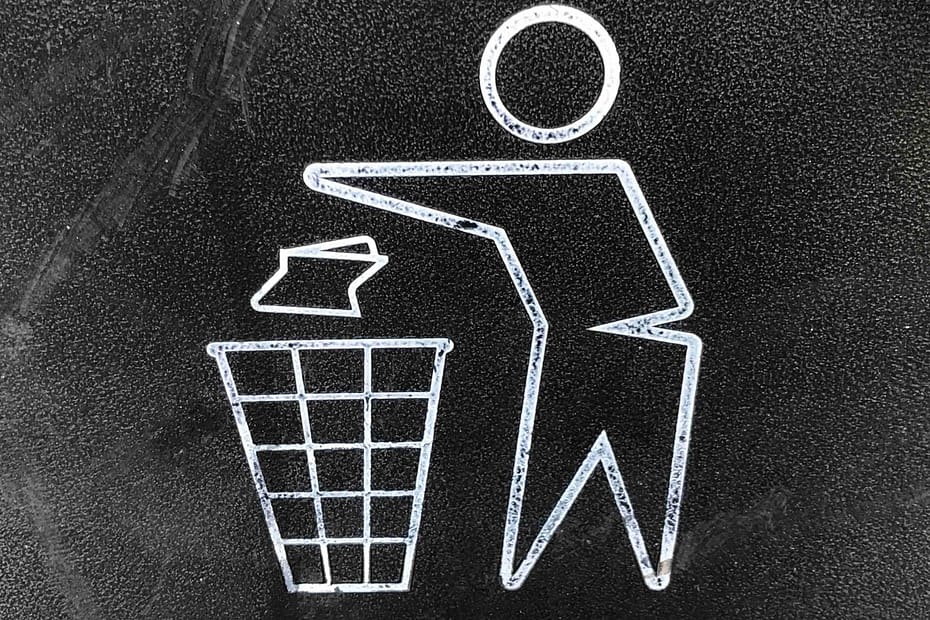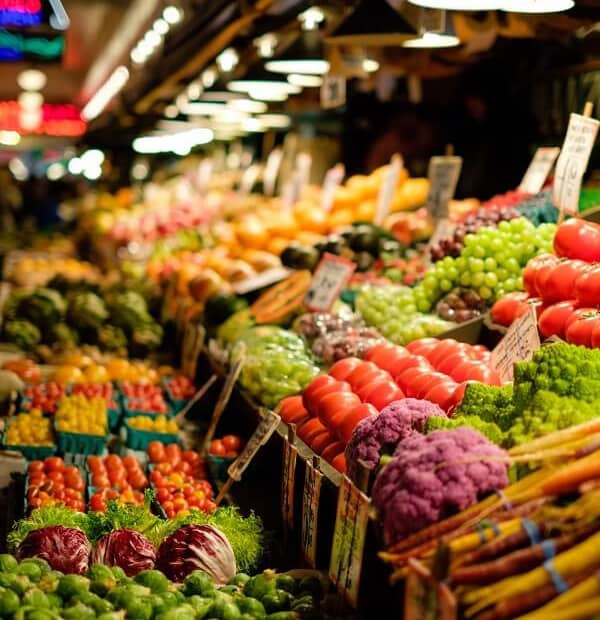The Environmental Impact of Single-Use Plastics
The environmental impact of single-use plastics is a pressing issue that demands our attention and action. From endangering marine and land-based wildlife to contributing to pollution and climate change, the consequences of our plastic dependence are far-reaching.
We make a whopping 350 million tons of plastic waste every year, and lots of it is just thrown away without being taken care of properly.
This mess is everywhere, from high mountains to deep oceans. Plastic litter is a big deal, and it’s messing up our world. We need to do our part to keep plastic from taking over our environment.
By embracing sustainable alternatives and advocating for responsible plastic use, we can collectively work towards a cleaner, healthier planet for current and future generations.


